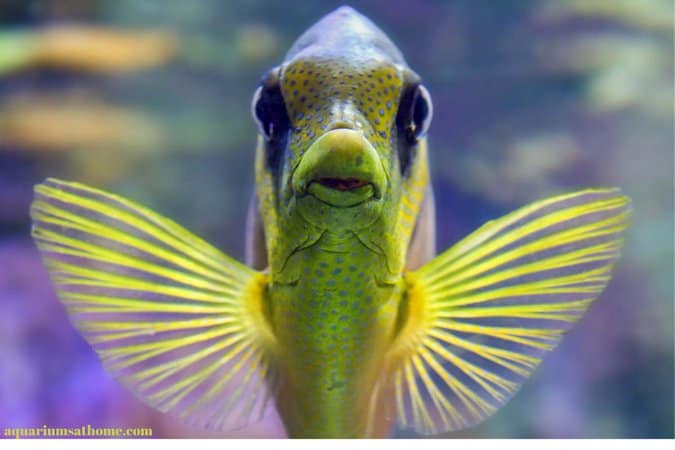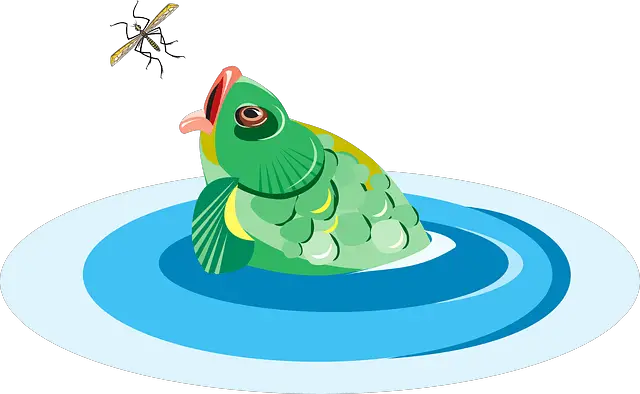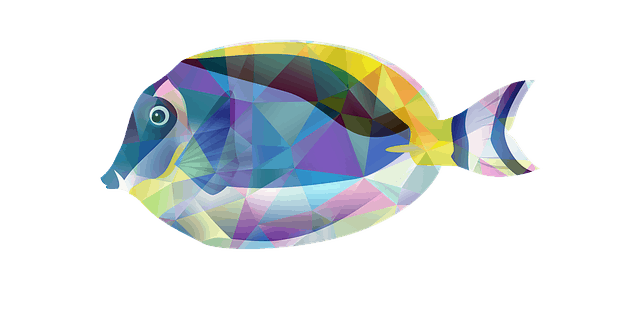Boredom is often described as a state of feeling uninterested and disengaged due to lack of stimulation. In humans, boredom is a subjective experience, but in animals, it is more difficult to determine. As an aquarium hobbyist, you may be wondering if captive fish can experience boredom as well?
While some species of fish may exhibit signs of boredom in an aquarium, it’s difficult to determine if fish experience boredom in the same way that humans do. Some aquarists have witnessed their fish ‘glass surfing’ or swimming up-and-down along the tank walls which indicate lack of stimulation.
Now that you know it’s only by speculation that we as can determine if fish in an aquarium are bored, let’s explore this topic further. Together we’ll discover which behaviors can indicate boredom, what factors contribute to boredom, how to prevent boredom, and whether boredom can be a sign of illness.
So, if you’re ready to ‘dive deeper’ into this topic and learn all you need to know about the captive fish boredom debate, then let’s continue onward…
What are the Common Signs of Boredom in Captive Fish?
Understanding the behavior of fish in an aquarium is key to determining whether a lack of stimulation is causing your aquatic pets to appear bored. Some common signs of boredom in fish include reduced activity levels, lethargy, and changes in feeding behavior.
‘Glass surfing’ is yet another indicator of possible fish boredom. Swimming aimlessly along the length of the tank can indicate a lack of stimulation much like a captive animal pacing back-and-forth in a cage. This behavior can be a sign of stress resulting from an overcrowded or unfamiliar tank.
The refusal to interact with other fish, laying motionless along the substrate or floating listlessly along the surface are yet additional (possible) signs of fish boredom. Inactivity and an unwillingness to engage with other fish can also be signs of illness so be aware.
How do Natural Habitats Affect Fish Behavior in Captivity?
Different species of aquarium fish have evolved to live in different habitats and as such will exhibit social different behaviors. While some actions may be viewed as the result of boredom or lack of stimulation, they could also simply be the normal, calm behaviors of solitary fish.
Creating an aquatic environment that mimics the natural habitat of fish also affects their behavior. Captive fish will be happier and healthier in a tank that resembles the wild – add plants (live or fake), driftwood, gravel or sand, etc. to create comfort and a willingness to explore their surroundings.
How do Aquarium Conditions Affect Fish Behavior in Captivity?
Tank conditions such as size, water temperature, and water quality can all affect fish behavior in captivity. While once active in an aquarium, some fish may exhibit signs of boredom or stress should their aquatic environment change.
An overcrowded or unfamiliar tank may cause captive fish to act listless, which could easily be mistaken for boredom. If the aquarium is too small or the water parameters are ‘off’ (i.e. temperature is too hot or too cold, pH is too high or too low, ammonia levels are up), then fish will react by becoming inactive.

What Factors Contribute to Boredom in Captive Fish?
The 4 main factors that contribute to boredom in captive fish include the following:
Lack of Stimulation
Fish in an aquarium may become bored if they’re not provided with enough physical and/or mental stimulation. This can happen if their environment doesn’t change or if they aren’t provided with enough stimuli to engage with.
Lack of Space
Fish may become bored if they’re kept in an aquarium that’s too small. Lack of space leads to reduced swimming area which limits their natural instinct to explore their aquatic surroundings. Overcrowding is a leading cause of inactivity, stress, and territoriality among captive fish.
Lack of Interaction with other Fish
Certain species of fish are social and need physical interaction with other fish to remain healthy and happy. If fish are kept in an aquarium alone, they may become bored. Schooling and/or shoaling fish especially need the company of others to stay active and alert.
Lack of Change in the Environment
Fish in an aquarium may act bored if they’re environment doesn’t change or becomes too familiar. This can happen if they’re kept in the same tank for an extended period without physical changes to their aquatic surroundings.
How to Prevent Boredom in Captive Fish?
The 4 main ways to prevent boredom in captive fish include the following:
Providing Adequate Stimulation
To prevent boredom in captive fish, it’s important to provide them with adequate physical and mental stimulation. This is achieved by introducing new decorations to the tank, moving existing decorations to a different spot in the tank, adding new fish, or providing different types of food.
Providing Adequate Space
To reduce captive fish boredom, it’s good to provide fish with enough space to swim and explore freely. This can be achieved by choosing an aquarium that’s the appropriate size for the species of fish being kept or upsizing to a larger tank if you intend to add more fish.
Introducing New Decorations into the Aquarium
Adding new objects or decorations into the aquarium can help to prevent boredom by providing new stimuli for the fish to engage with. Even moving around the existing decorations can help make the environment appear ‘new’ and ripe for exploration.
Adding New Fish to the Aquarium
Adding new fish to the aquarium can help to prevent boredom by providing interaction and stimulation for other fish. However, it’s important to make sure that the new fish are compatible with both the existing fish and the aquarium conditions.
What Tank Decorations Help Cure Fish Boredom?
Introducing certain objects to an aquarium can help cure fish boredom. Adding a mirror to the tank will encourage fish to observe their reflection and check to see that their fins are on-point. Adding some floating plants or toys to the tank will promote fish activity as they swim around each item.
As well, putting an air stone in the tank will help provide stimulation for captive fish. The bubbles created by the stone not only help to aerate the water but also some offer fun for fish as they swim through and ‘play’ with these bubbles.
Do Fish Get Lonely in an Aquarium?
While it’s difficult to determine if fish get lonely in an aquarium, there are things you can do to provide stimulation and enrichment for your aquatic pets. If you choose to keep schooling or shoaling fish, make sure you have them in groups of at least 6 to help prevent stress and elevate aggression.
Loneliness and boredom may result in similar behaviors such as lethargy, refusal to eat, and glass surfing. Ensuring the aquarium is of adequate size while providing stimuli in an environment reminiscent of their natural habitat will help keep your aquatic pets both healthy and happy.
Final Thoughts’
To conclude, it’s only by speculation and observance of behavior that we, as aquarists, can determine if our aquatic pets are bored. Certain actions such as ‘glass surfing’, laying motionless along the substrate or floating listlessly near the surface can all be signs of potential boredom among aquarium fish.
Providing physical and mental stimuli while keeping their environment clean, safe, and conducive to the needs of each species will help maintain healthy, happy fish in captivity. Thanks for reading and good luck with your aquarium hobby.






